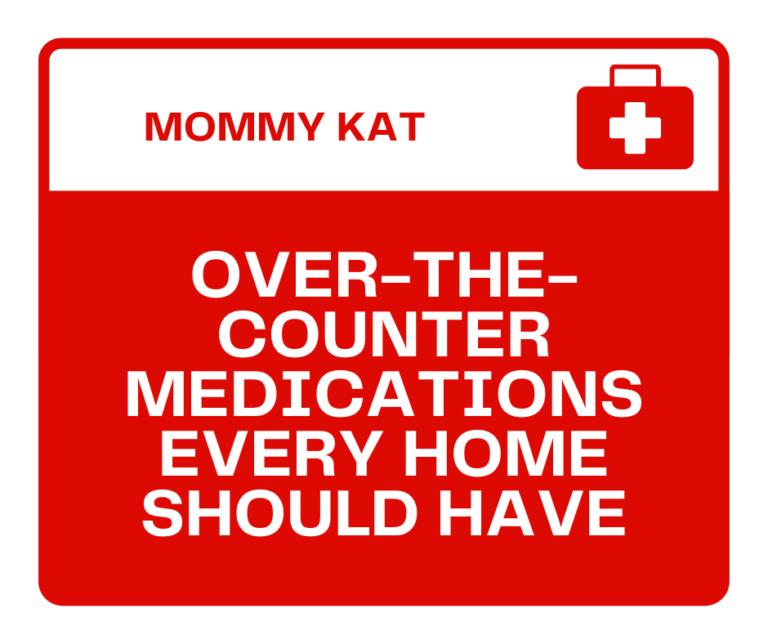Spelling is important because it helps to improve communication and comprehension. It allows for accurate and clear written expression and ensures that the intended message is understood. Good spelling also reflects positively on one’s intelligence and education level, leading to greater credibility and professionalism in both personal and professional settings. Additionally, poor spelling can lead to confusion, misinterpretation, and even embarrassment. Therefore, it is an important skill that should be mastered to be able to communicate effectively and express oneself in writing.
Spelling is an important skill that can be improved through practice and attention to detail. Here are some tips on how to be a better speller:
Practice Regularly
The more you practice spelling words, the better you will become at it. Incorporate spelling practice into your daily routine by setting aside a specific time each day to practice spelling words. You can also use online spelling games and quizzes to make practice more fun.
Learn the Rules
Understanding the rules of spelling can help you to spell words correctly. Learn the basic rules of spelling, such as the difference between homophones (words that sound the same but are spelled differently, like “there” and “their”), prefixes, and suffixes. You’ll find that many words in the English language follow a pattern, and once you recognize the patterns, you’ll have an easier time spelling words.
Use Mnemonics
Mnemonics are memory aids that can help you to remember how to spell difficult words. For example, you can use a sentence or phrase to help you remember the spelling of a word, such as “I before E, except after C.”
Break Words Down
Break words down into smaller parts, such as syllables or prefixes and suffixes, to help you understand and remember the spelling. For example, words such as Wednesday that are pronounced differently than how they are spelled can be easily remembered by saying “Wed-nes-day.”
Read Plenty
Reading widely can help to expose you to a variety of words and improve your vocabulary. The more words you are familiar with, the more likely you are to spell them correctly. And it doesn’t even have to be books—you can also read subtitles on movies and TV shows, read road signs as you pass them by, read articles you see on social media, or even read the back of your shampoo bottles!
Use a Dictionary
A dictionary is a valuable tool for spelling. If you are unsure of how to spell a word, look it up in a dictionary. This will not only give you the correct spelling, but also the definition and pronunciation of the word. Dictionaries are also a great tool to find words you haven’t seen before!
Write It Out
Writing out words can help to solidify the spelling in your mind. Try writing the word several times, or even writing out a sentence that includes the word to help you remember it.
Learn Root Words
Root words are the basic building blocks of words. By learning the root words, you can understand the meaning of the word and how it is spelled.
Get Feedback
If you are unsure of your spelling, ask someone to check it for you. This will help you to identify any errors and correct them. You may also use spellcheck tools online, such as Grammarly or even Microsoft Word’s autocorrect to help you.
Don’t Be Afraid of Mistakes
Making mistakes is a natural part of learning and improving. Don’t be afraid to make mistakes; instead, use them as an opportunity to learn and grow. You can’t learn anything if you don’t try it out in the first place!
Conclusion
Remember, spelling is a skill that takes time and practice to improve. The key is to be patient with yourself and stay consistent in your efforts. Incorporating these tips into your daily routine can help you to become a better speller.










